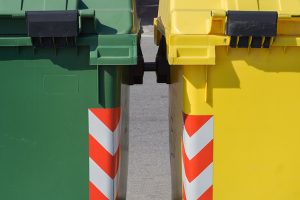 Waste Management’s latest sustainability report delves into factors impacting the plastics recycling industry as a whole, including fluctuating markets, sustainable materials management, technological advances and more.
Waste Management’s latest sustainability report delves into factors impacting the plastics recycling industry as a whole, including fluctuating markets, sustainable materials management, technological advances and more.

 Waste Management’s latest sustainability report delves into factors impacting the plastics recycling industry as a whole, including fluctuating markets, sustainable materials management, technological advances and more.
Waste Management’s latest sustainability report delves into factors impacting the plastics recycling industry as a whole, including fluctuating markets, sustainable materials management, technological advances and more.
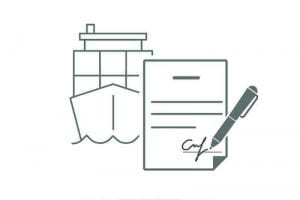 Southeast Asian countries are moving to constrain imports of recyclables, but some exporters are mislabeling scrap plastic shipments to get around the restrictions.
Southeast Asian countries are moving to constrain imports of recyclables, but some exporters are mislabeling scrap plastic shipments to get around the restrictions.
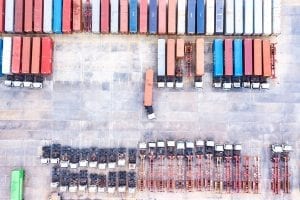 Taiwan becomes the latest Asian country to restrict recyclables imports, and China confirms post-industrial plastic will be banned from import at the end of the year.
Taiwan becomes the latest Asian country to restrict recyclables imports, and China confirms post-industrial plastic will be banned from import at the end of the year.
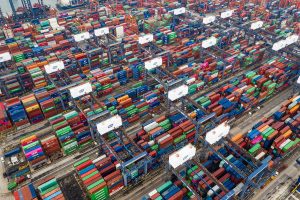 Southeast Asian countries continue to place restrictions on scrap plastic imports, affecting movement from U.S. ports.
Southeast Asian countries continue to place restrictions on scrap plastic imports, affecting movement from U.S. ports.
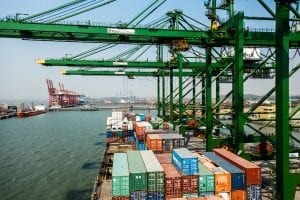 Another major importer of recyclables in Asia is drafting policy to reshape its relationship to materials recovery. But this time, the move could actually be a boon to exporters.
Another major importer of recyclables in Asia is drafting policy to reshape its relationship to materials recovery. But this time, the move could actually be a boon to exporters.

Malaysian authorities plan to ban scrap plastic imports in three years. In the meantime, they’ll subject incoming shipments to a series of stringent new requirements.

Scrap plastic shipments to Malaysia will be subject to new restrictions in the coming weeks, as the country follows through on vows to get a handle on skyrocketing imports.
 A year after an online scrap plastics trading marketplace launched, an executive at the startup offered insight into where material is moving in the aftermath of China’s ban.
A year after an online scrap plastics trading marketplace launched, an executive at the startup offered insight into where material is moving in the aftermath of China’s ban.
